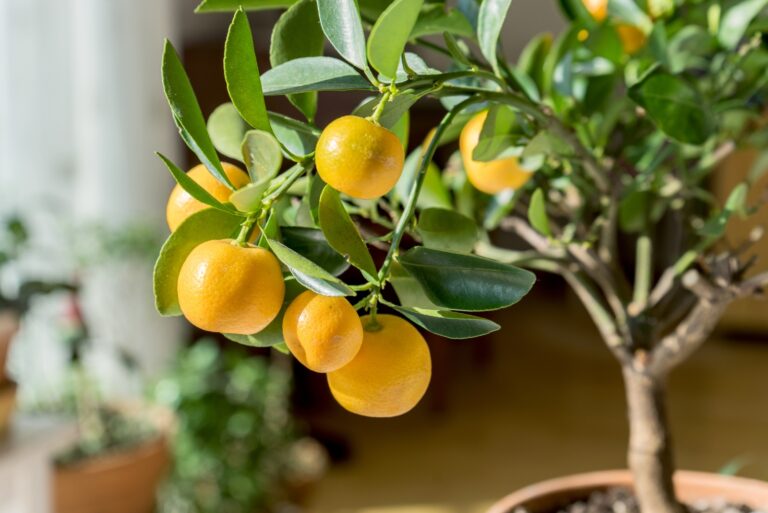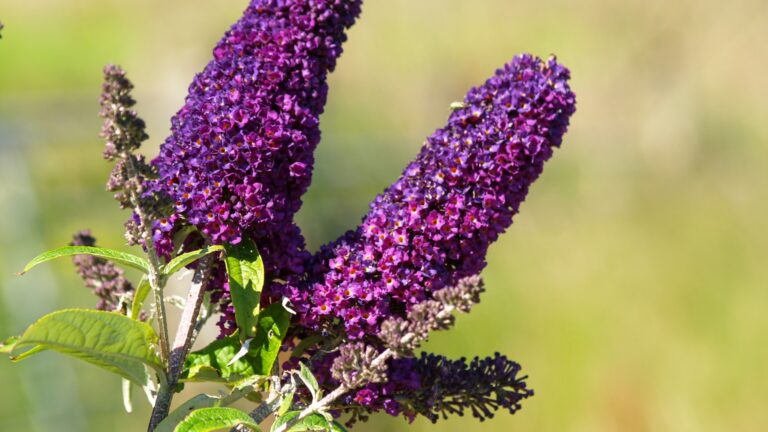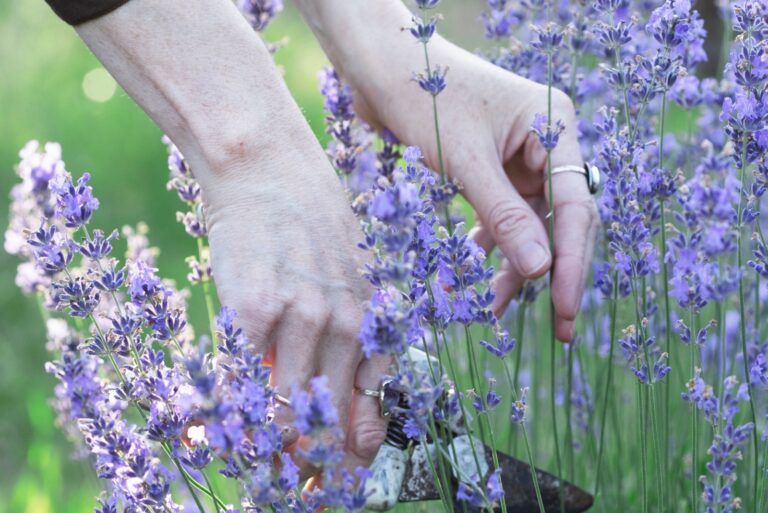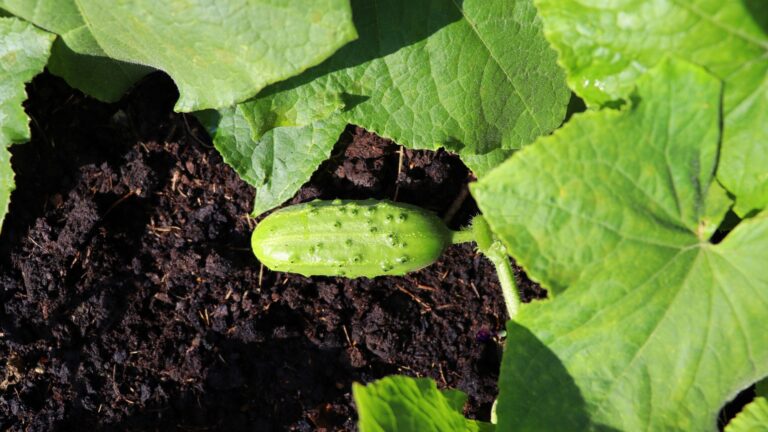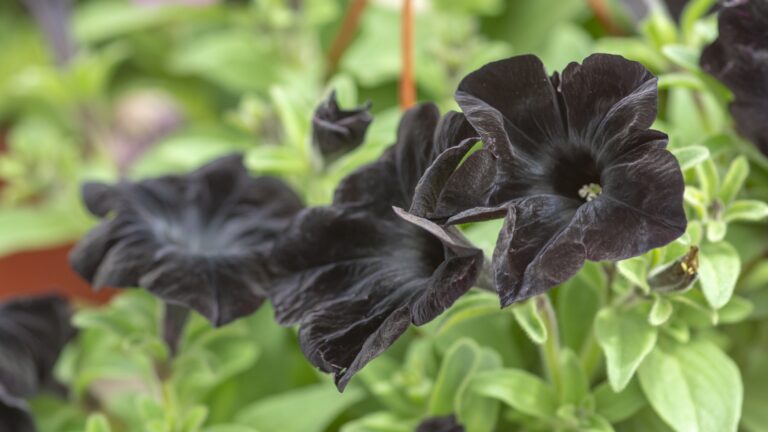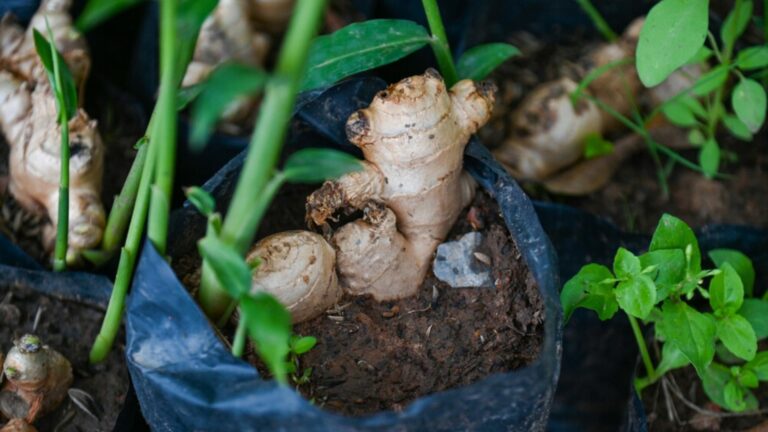11 Ways This Cheap Kitchen Staple Can Rescue Your Dying Potted Plants
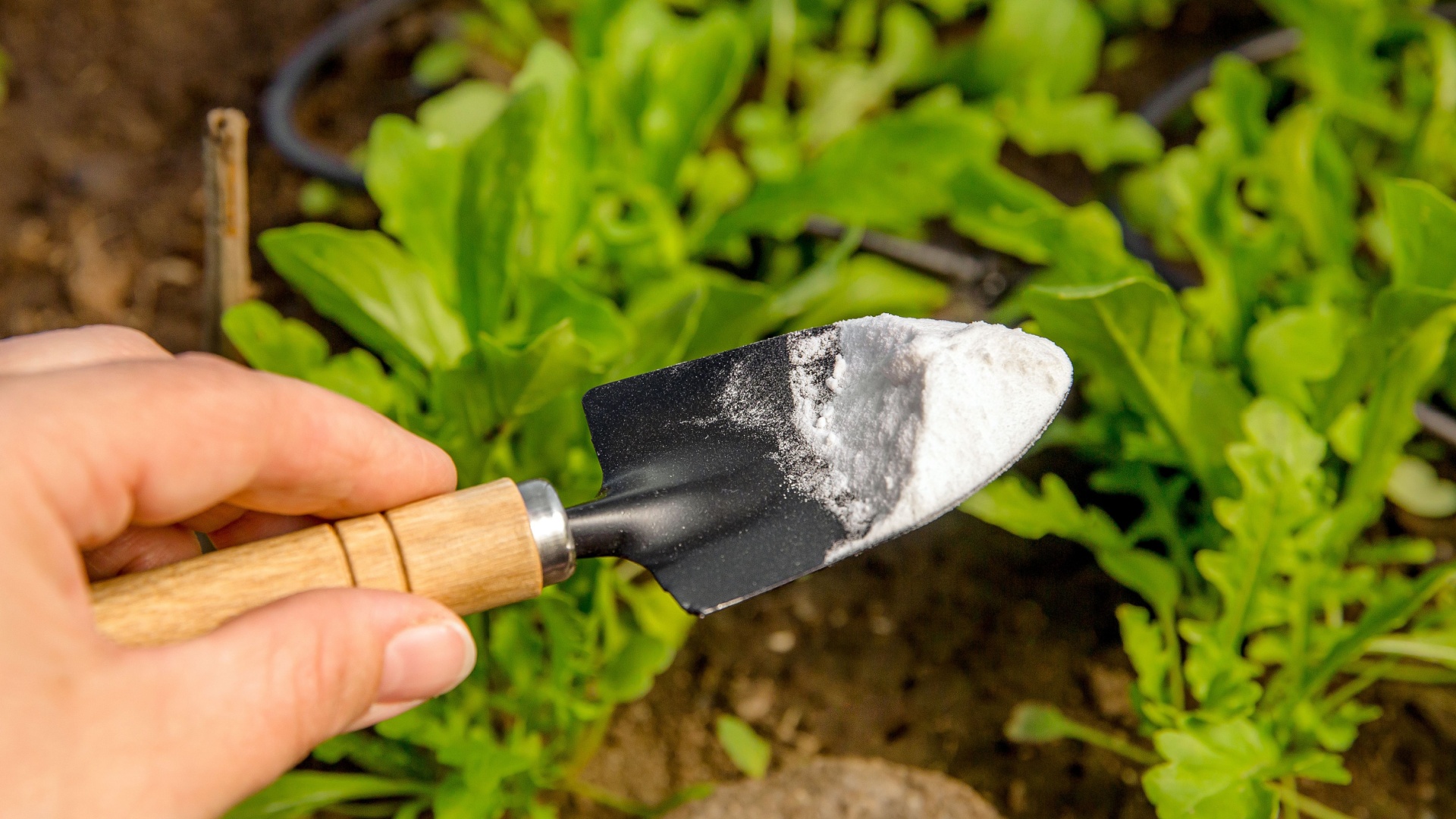
That box of baking soda sitting in your kitchen cabinet might be the secret weapon your struggling houseplants need. When potted plants start drooping, yellowing, or showing signs of distress, this common household ingredient can work wonders.
Baking soda offers multiple plant-saving solutions that are both gentle and effective for reviving your botanical buddies.
1. Fights Powdery Mildew
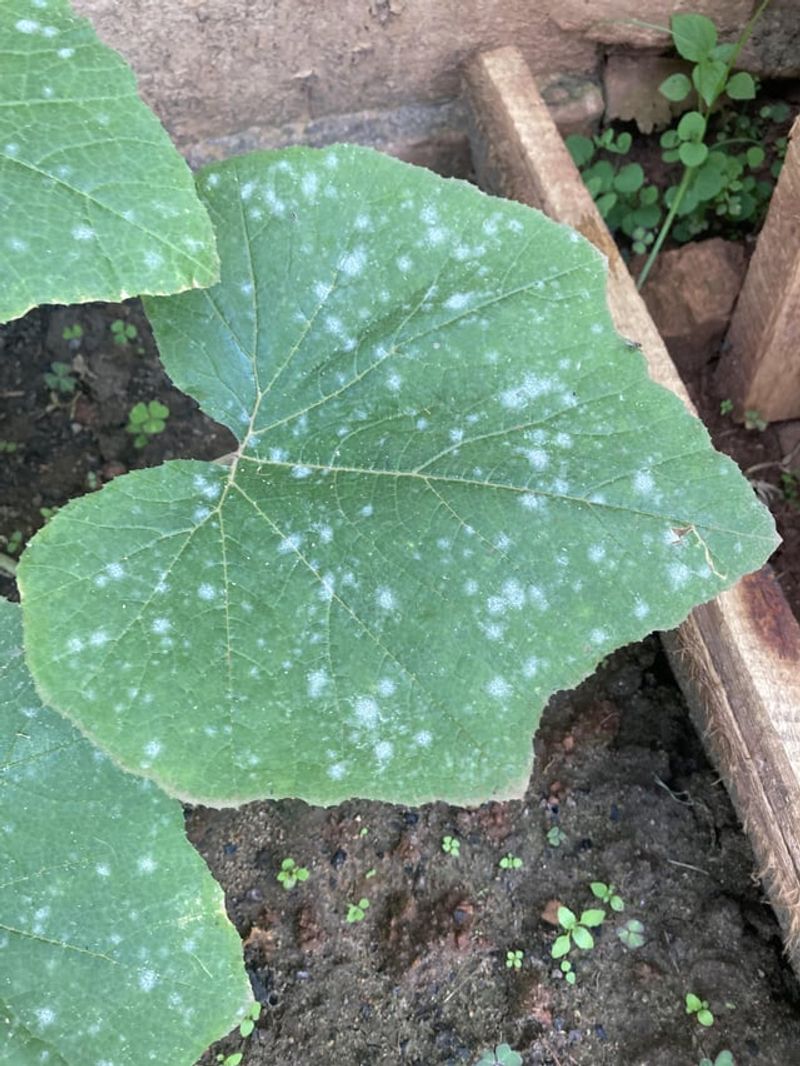
Those white patches spreading across your plant leaves spell trouble! Powdery mildew loves to attack indoor plants, especially when air circulation is poor. Mix one tablespoon of baking soda with a gallon of water and add a few drops of dish soap.
Spray this solution on affected leaves once weekly. The alkaline nature of baking soda creates an environment where fungal spores simply can’t thrive. Your plants will thank you as this gentle remedy stops the powdery invasion without harsh chemicals that might damage delicate foliage.
2. Controls Black Spot
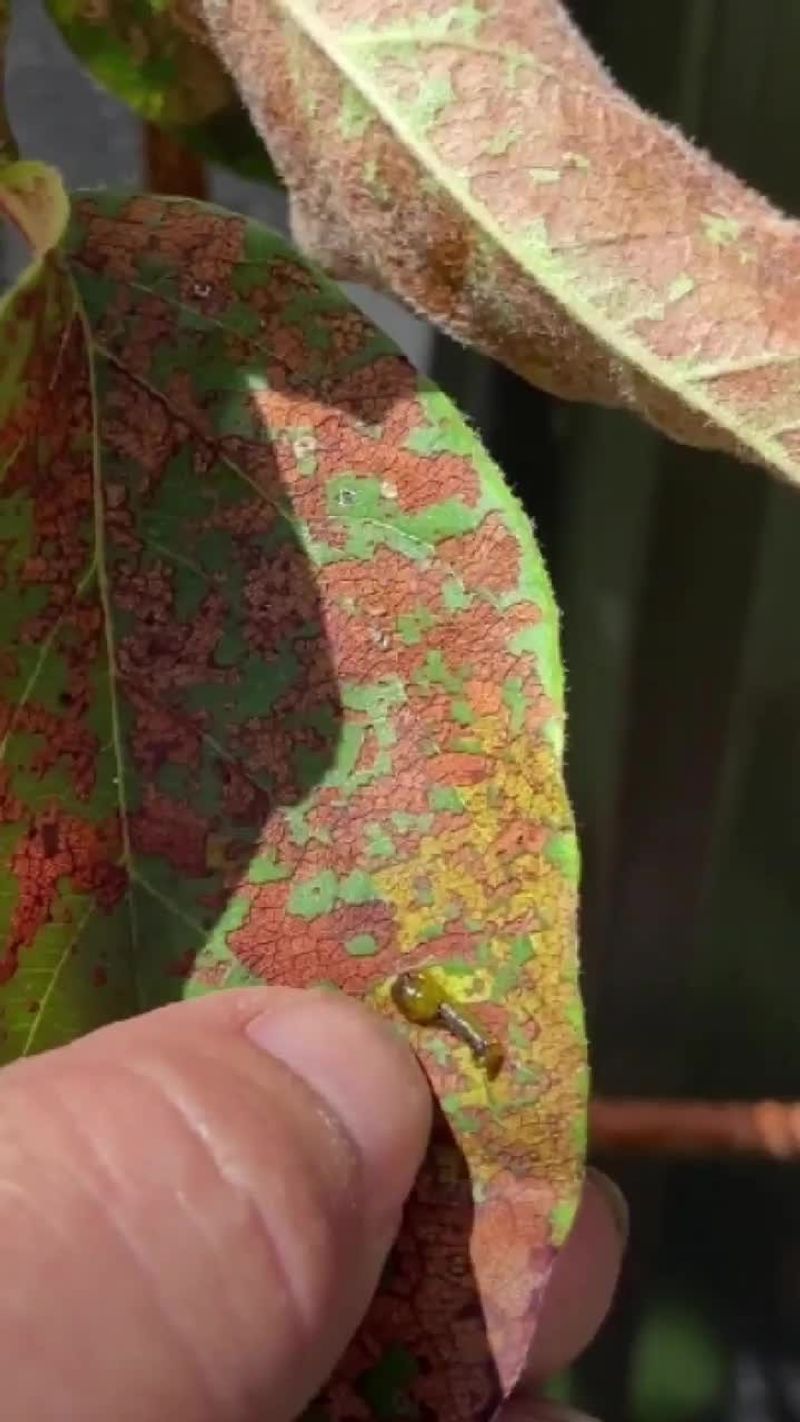
Black spot disease can turn your beautiful plants into spotted messes almost overnight. The unsightly dark patches spread quickly, causing leaves to yellow and drop prematurely. Create a simple remedy by combining one teaspoon of baking soda with one quart of warm water and a few drops of liquid soap. Apply this mixture to affected areas twice weekly until symptoms disappear. Unlike commercial fungicides, this gentle solution won’t harm beneficial insects or leave toxic residues on your precious plants while effectively stopping those black spots in their tracks.
3. Repels Common Pests
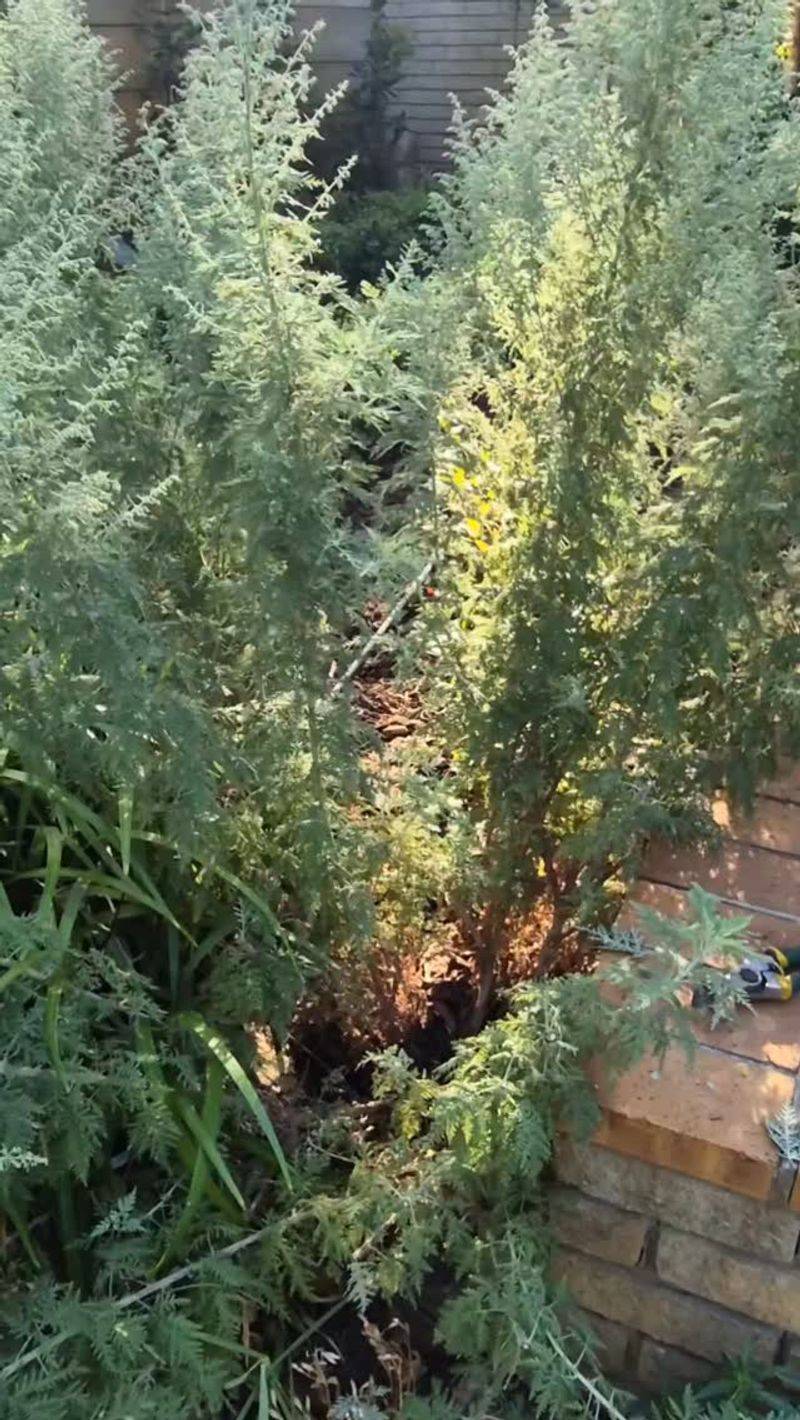
Tiny invaders making meals of your favorite plants? Sprinkle dry baking soda directly around the base of plants to create a natural barrier against crawling pests. Many insects dislike crossing this powdery substance because it damages their exoskeletons. For extra protection, dust a light coating on lower leaves where pests often hide.
The abrasive quality of baking soda particles disrupts the waxy coating on insect bodies. Reapply after watering or rainfall to maintain this simple yet effective pest control method that keeps your plants safe without harmful chemicals.
4. Deodorizes Sour Soil
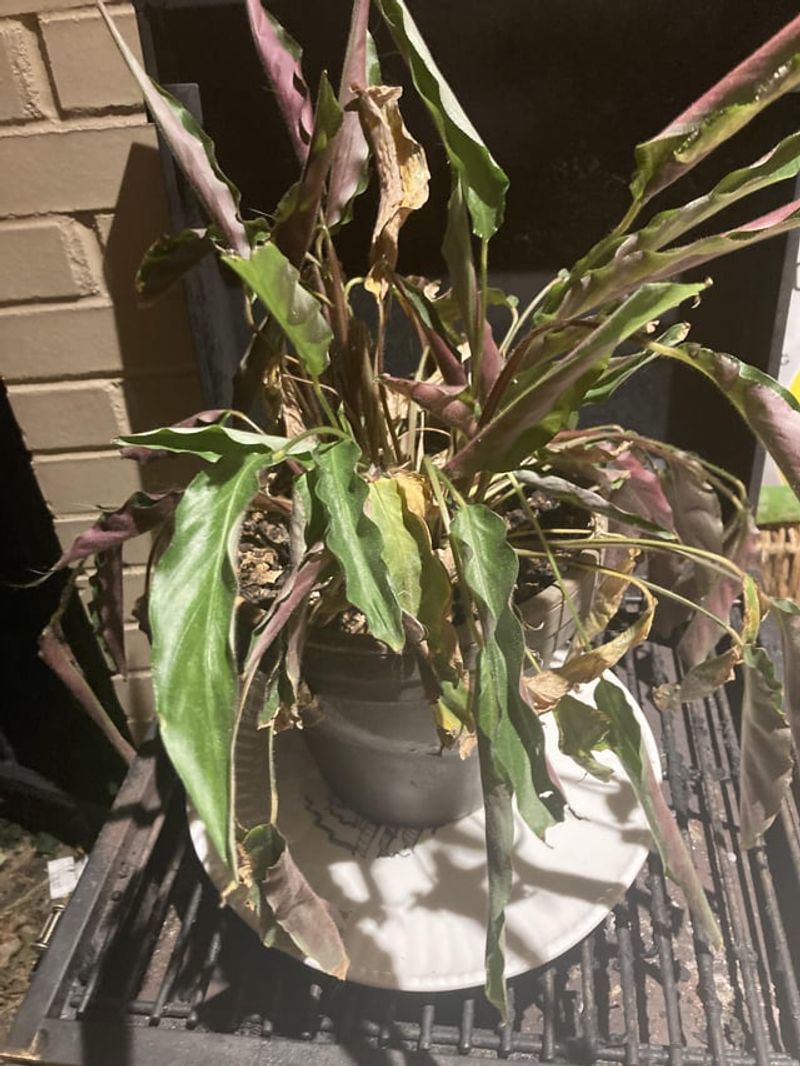
Ever noticed your plant soil smelling funky? That sour odor signals trouble – usually overwatering and poor drainage causing anaerobic conditions. Sprinkle a thin layer of baking soda over the soil surface and gently work it in with a fork. The alkaline properties neutralize acidic compounds causing those unpleasant smells while discouraging the growth of odor-producing bacteria.
Your nose will notice the difference within days! Just remember to adjust your watering schedule too, since smelly soil often means your plant is getting too much moisture for its own good.
5. Prevents Early Root Rot
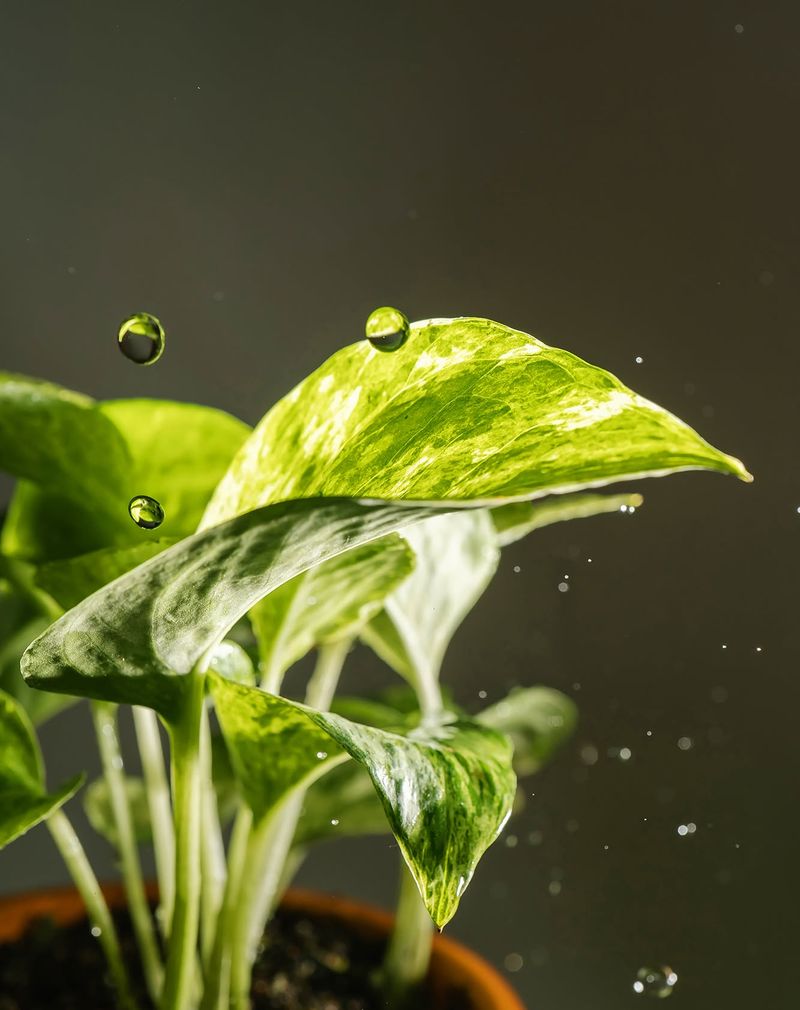
Root rot sneaks up silently, often noticed only when it’s too late. Caught early, baking soda can help stop this deadly plant condition. Create a solution using one tablespoon of baking soda per gallon of water. Water your plants with this mixture once monthly as a preventative measure.
The alkaline solution discourages the growth of fungi and bacteria that cause root decomposition. For plants already showing symptoms, remove them from pots, trim affected roots, dust with dry baking soda, and repot in fresh soil for a fighting chance at recovery.
6. Balances Soil pH
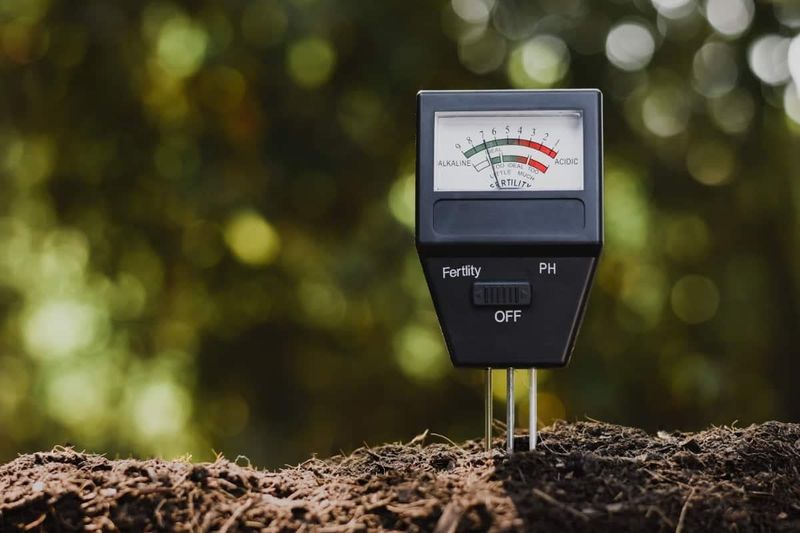
Plants looking yellow despite regular feeding? Your soil might be too acidic! Many houseplants prefer slightly alkaline conditions to thrive and absorb nutrients properly. Test your soil first with an inexpensive pH kit. If it’s below 6.0, add half a teaspoon of baking soda to a quart of water and use this to water your plants once monthly.
The gradual pH adjustment gives plants time to adapt without shock. Watch for greener leaves and stronger growth as your plants respond to this simple pH correction that makes nutrients more available to hungry roots.
7. Cleans Plant Leaves
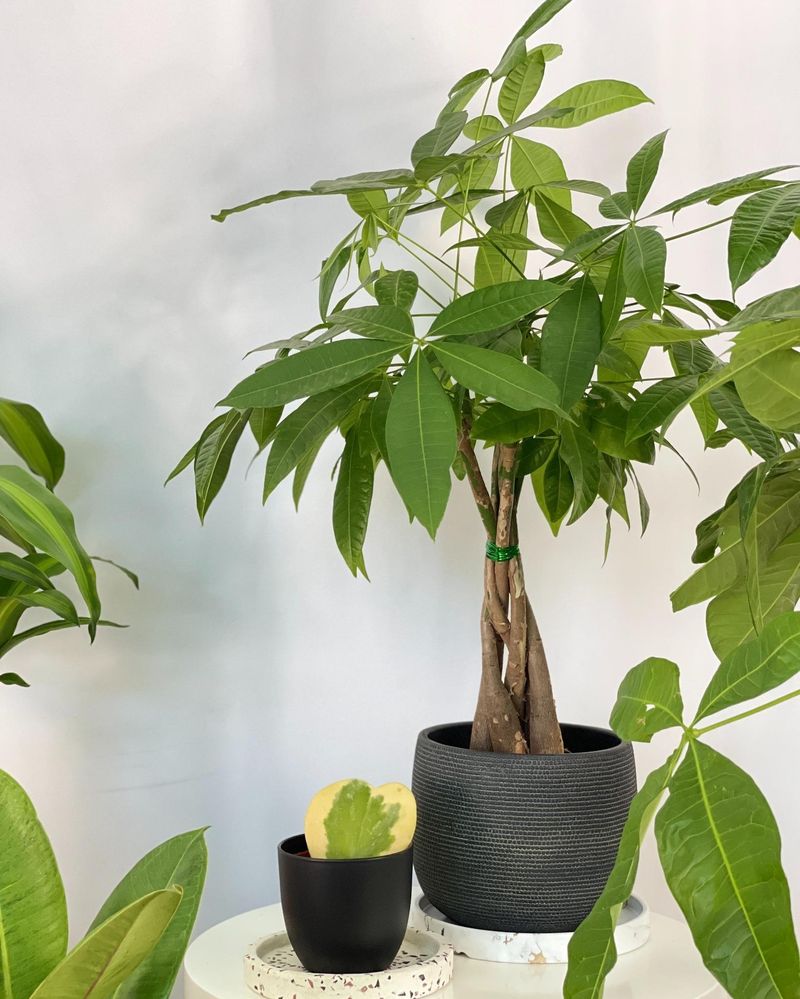
Dusty leaves can’t photosynthesize effectively! Plants breathe through tiny pores that get clogged with household dust and grime, slowly suffocating your green friends. Make a gentle cleaning solution by dissolving one teaspoon of baking soda in a quart of lukewarm water. Dip a soft cloth into the mixture and gently wipe each leaf, supporting them with your other hand to prevent damage.
The mild abrasiveness lifts dirt while the alkaline properties break down waxy residues and pest secretions. Your plants will literally breathe easier, absorbing more light and showing renewed vigor within days.
8. Deters Fungal Gnats
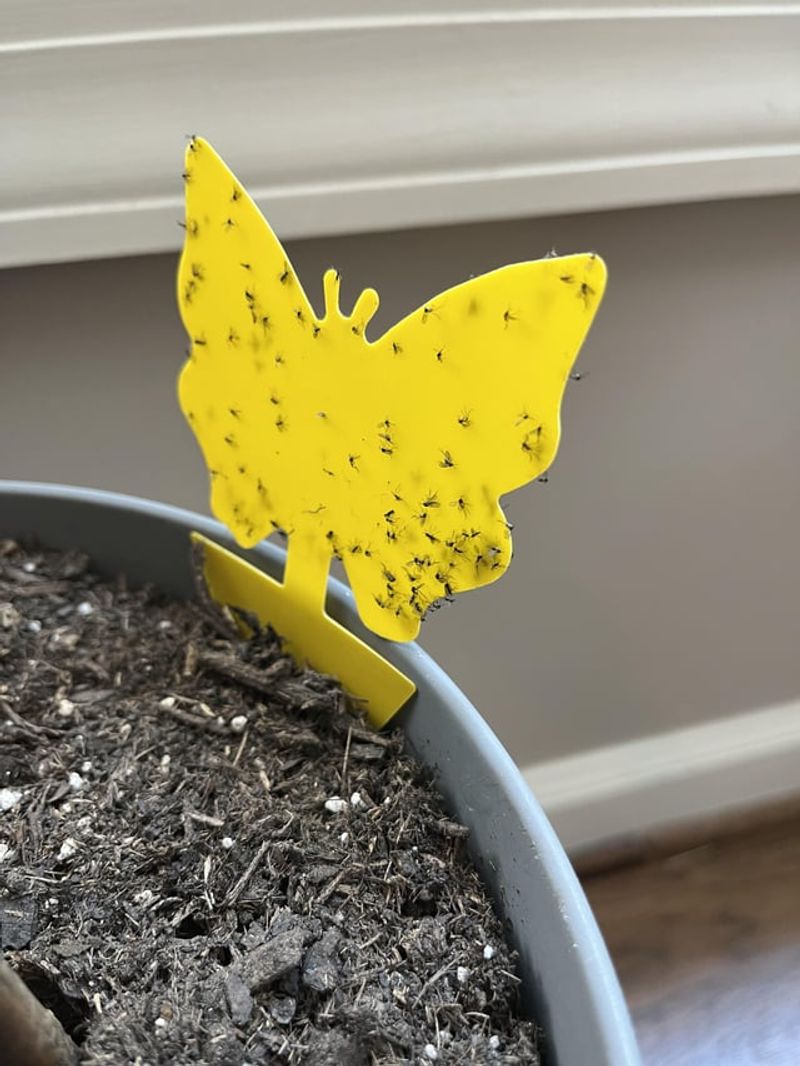
Those tiny flies hovering around your plants drive everyone crazy! Fungal gnats lay eggs in moist soil, and their larvae feast on tender roots, slowly weakening your plants. Create a natural deterrent by mixing equal parts baking soda and confectioners’ sugar.
Sprinkle this mixture on the soil surface – the sugar attracts the gnats while the baking soda kills them when ingested. Combined with letting soil dry out between waterings, this sweet-but-deadly trap breaks the gnats’ life cycle without resorting to harsh chemicals that might harm your plants or beneficial soil organisms.
9. Treats Fungal Infections
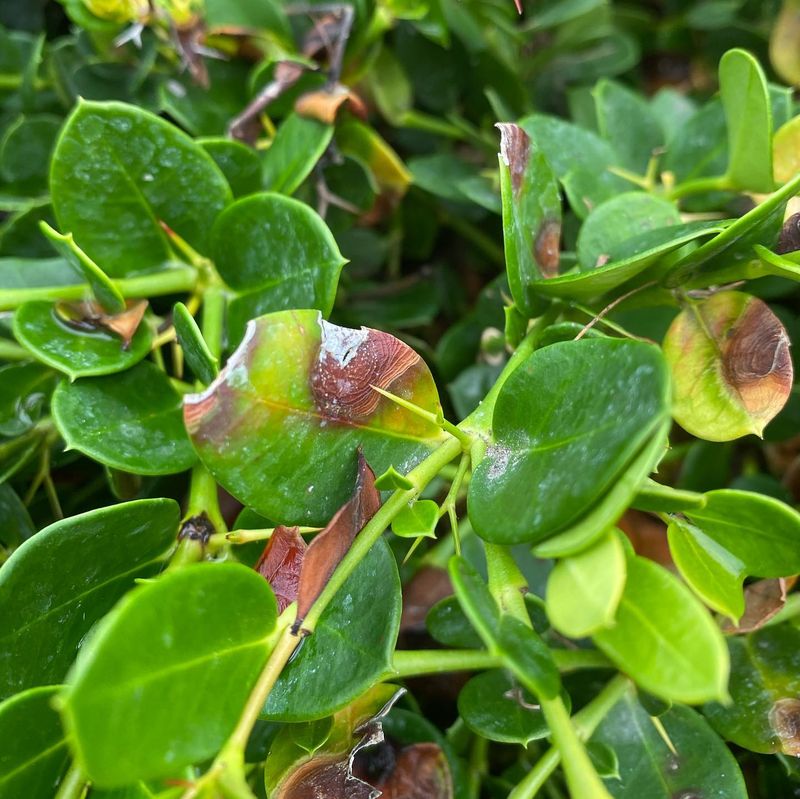
Mysterious spots, patches, or fuzzy growth on your plants? Fungal infections spread quickly in the humid conditions many houseplants enjoy. Combat these unwelcome visitors with a spray made from one tablespoon baking soda, one teaspoon mild liquid soap, and one gallon of water. Apply weekly to affected areas, making sure to coat both upper and lower leaf surfaces.
The solution changes the leaf surface pH, creating an environment where fungi struggle to survive. Unlike commercial fungicides, this gentle remedy won’t build up in soil or harm beneficial microorganisms your plants depend on.
10. Enhances Composting Effectiveness
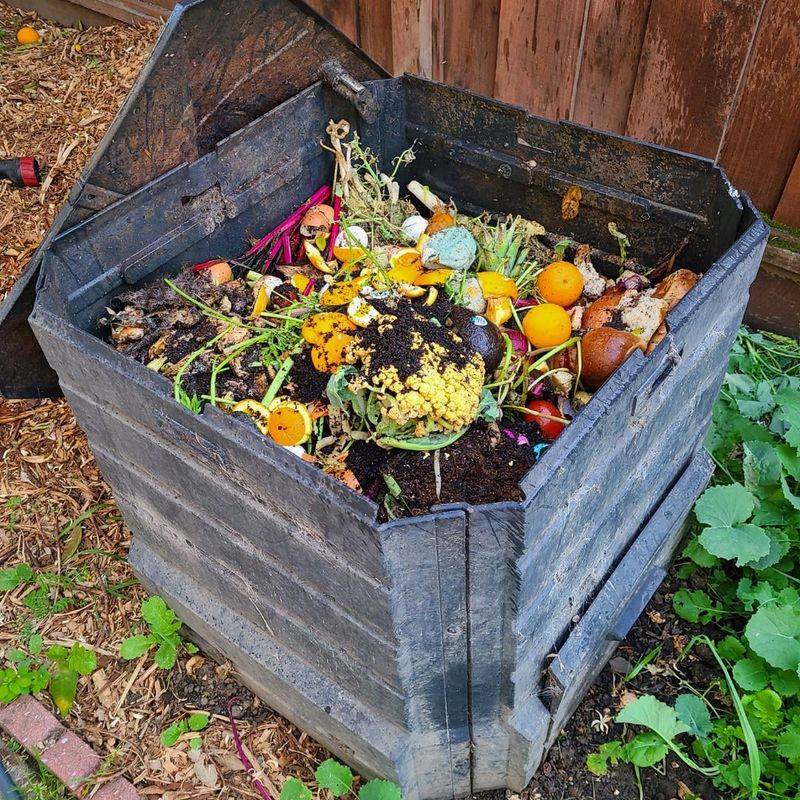
Got a small compost bin for your houseplant soil refreshment? Speed up the process with baking soda! Slow decomposition often produces sour smells and attracts fruit flies to indoor composting setups. Sprinkle a tablespoon of baking soda into your compost bin weekly and mix lightly.
The powder neutralizes acidic conditions that slow down beneficial microbes while reducing odors that might otherwise permeate your living space. Your compost will break down faster, creating nutrient-rich additions for your potted plants without the funky smells that make indoor composting challenging.
11. Reduces Moss And Algae Growth
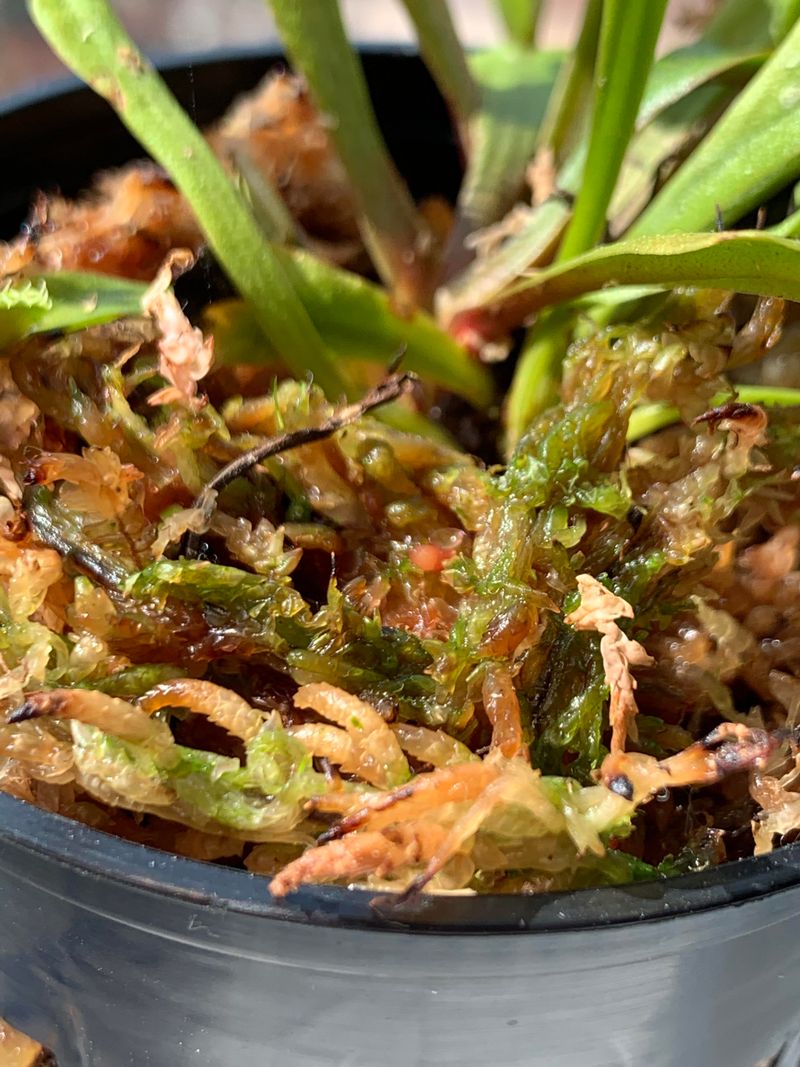
Green slime taking over your pots and soil surface? That’s algae or moss moving in! While harmless in small amounts, excessive growth indicates consistently wet conditions that may harm your plants. Sprinkle baking soda directly onto affected areas and lightly scratch it into the surface. The alkaline environment discourages these moisture-loving organisms while not harming your plants’ roots.
Repeat monthly as needed, especially for plants in terrariums or high-humidity environments. Remember to adjust watering practices too – most houseplants prefer to dry slightly between waterings.

